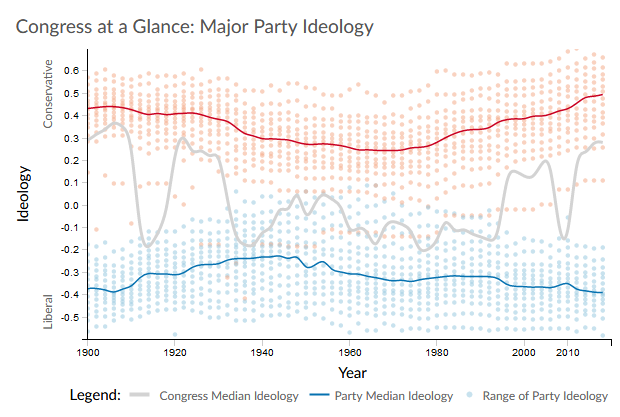Honestly I wasn’t paying that much attention this month, so there aren’t too many links.
The 2018 Asexual Community Survey was released. If you can spare 20 minutes or so, please take the survey!
Fellow FTBlogger Great American Satan needs some money, and is taking art commissions!
Asexuality in Japan: An interview (video) – Vesper has a great interview with a couple asexuality activists in Japan. Interesting tidbit: what we call “asexual” in the English community is usually divided into two groups in Japanese, with “asexual” referring to aromantic asexuals, and “nonsexual” referring to romantic asexuals. If that interests you, watch the interview to learn more.
Catfishing and Conspiracy in Groves – This is a human interest story about a very young openly gay councilmember in a small town in Texas. Someone got their hands on some nude photos that he exchanged consensually on Grindr, and released them to the media. Other councilmembers filed a petition to get him recalled. The town comes off looking rather bad. And the pastor who insists that it’s not about homophobia gives the most unbelievable excuse. I looked up the outcome later; he was recalled.
Pronouns (video) – Contrapoints offers analytic arguments for why calling a trans woman a “he” is just false, and not merely rude. If I were to address the topic, I would probably not make much in the way of analytic arguments, I would just say I’m not having any of it. Well, I’m glad we have Natalie around.


